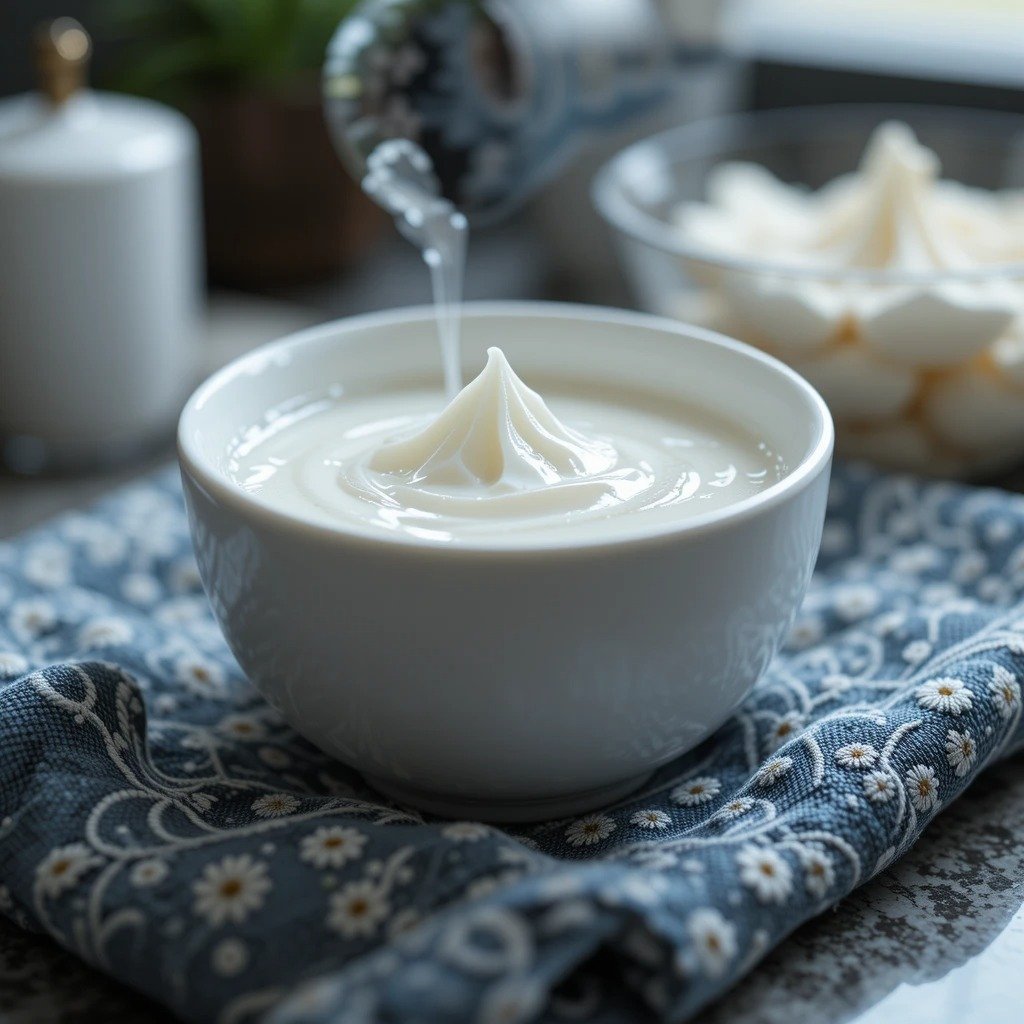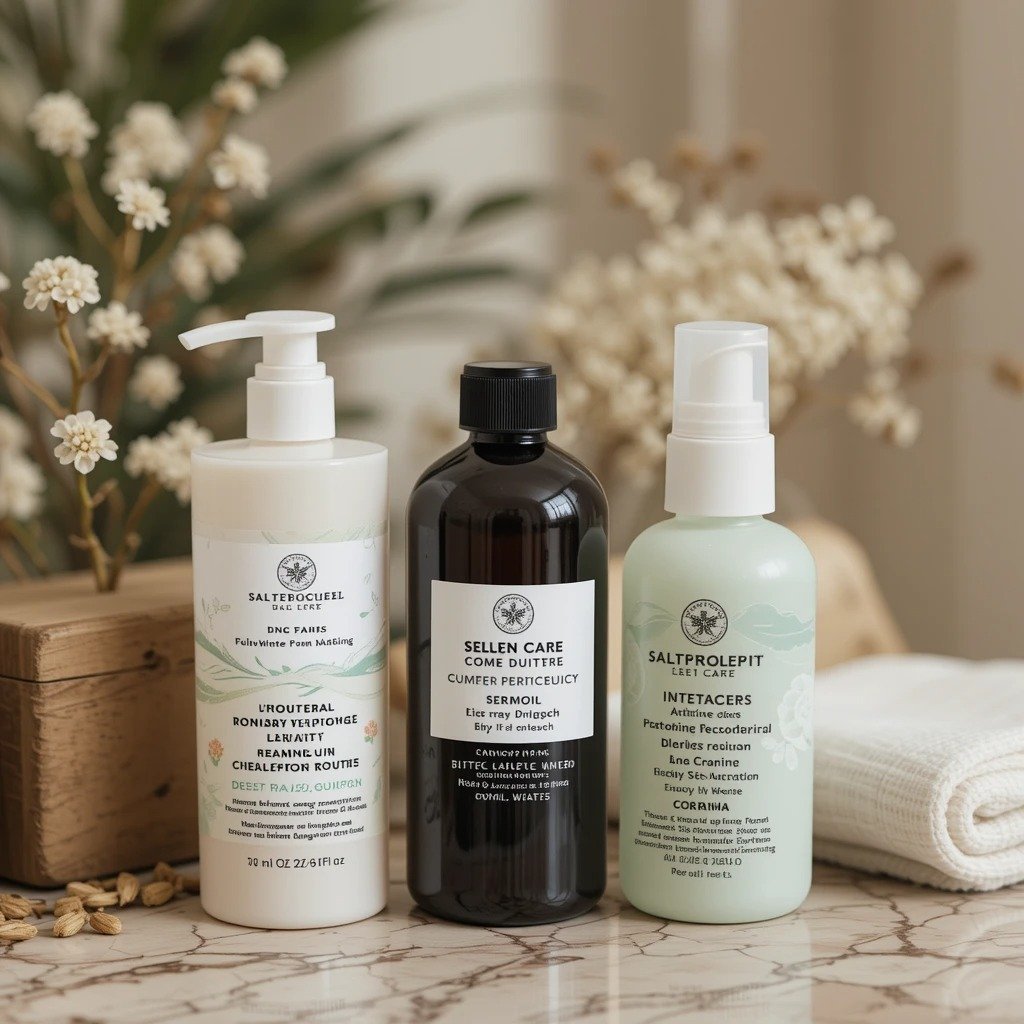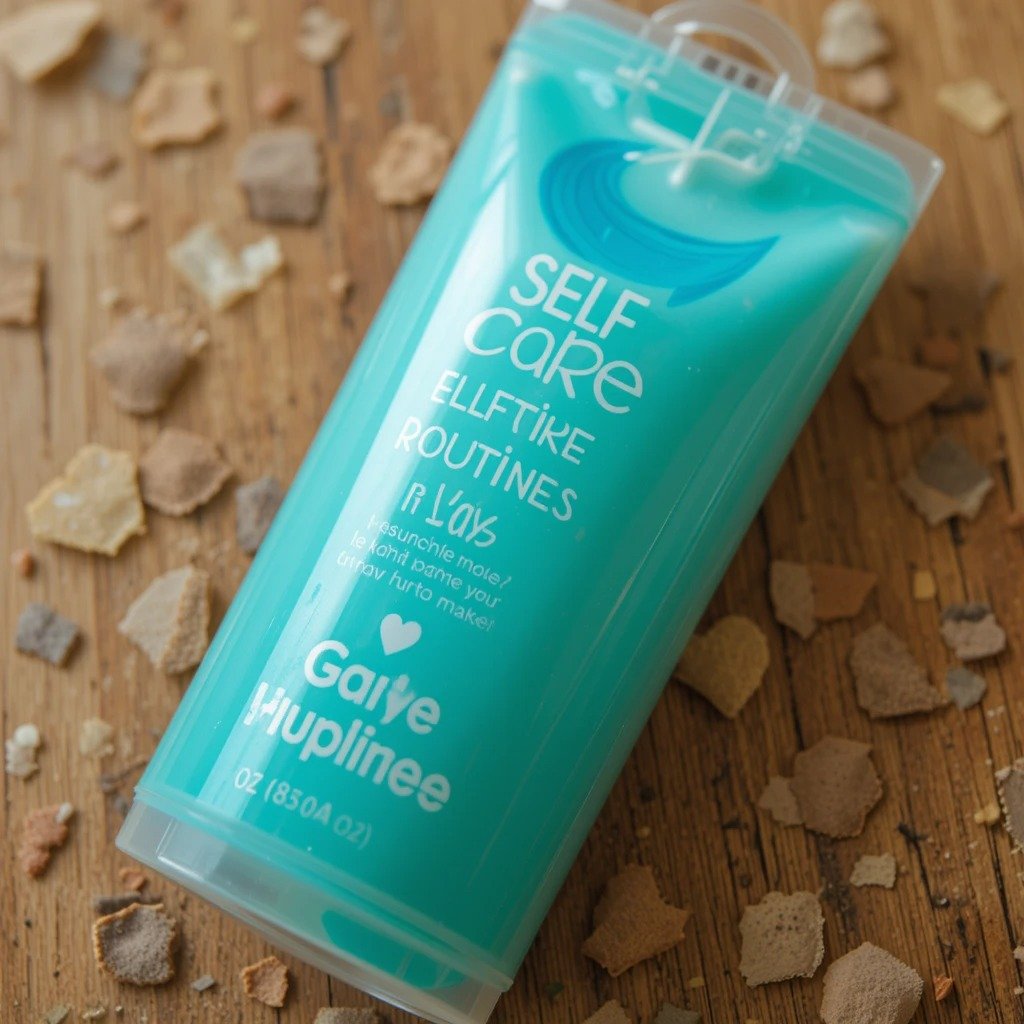In today’s fast-paced world, it’s easy to feel overwhelmed by the demands of work, family, and personal obligations. Many people—especially those with busy schedules—find it hard to prioritize self-care. However, taking time to care for your physical, mental, and emotional health is essential for maintaining overall well-being. The good news is that you don’t have to spend hours each day on self-care to see results. With the right strategies, you can create simple, effective daily self-care routines for busy people that will help you feel refreshed, energized, and more balanced.
In this article, we’ll explore the importance of self-care, provide practical self-care tips, and outline a manageable daily routine that anyone can fit into their busy day.

Why Self-Care Is Essential for Busy People
Self-care isn’t just a luxury—it’s a necessity. Regularly incorporating self-care into your routine can:
- Reduce Stress: Chronic stress can lead to burnout, anxiety, and depression. Engaging in self-care activities can help lower stress hormones and restore mental balance.
- Boost Physical Health: Taking care of your body through proper nutrition, exercise, and rest can improve your overall health and energy levels.
- Enhance Mental Clarity: A few minutes of relaxation and mindfulness can help clear your mind, improve focus, and increase productivity.
- Improve Emotional Well-Being: Consistent self-care supports emotional resilience, helping you cope with challenges more effectively.
Even for the busiest people, incorporating self-care doesn’t need to take up a lot of time. Small changes can lead to significant improvements in your overall health and happiness.
Key Elements of a Self-Care Routine
A well-rounded self-care routine addresses various aspects of your well-being. For busy people, it’s essential to focus on a few key areas to keep things simple and sustainable:
- Physical Self-Care: Includes exercise, sleep, and proper nutrition.
- Mental and Emotional Self-Care: Activities that support mental clarity, emotional stability, and stress management.
- Social Self-Care: Engaging with supportive relationships and maintaining a healthy social life.
- Spiritual Self-Care: Practices that nourish your sense of purpose and connection (such as meditation, journaling, or prayer).
Daily Self-Care Routines for Busy People
Here’s a simple and realistic daily self-care routine that can fit into even the busiest of schedules. Whether you have 10 minutes or an hour to spare, these routines can be customized to suit your needs.

1. Morning Routine: Start Your Day with Intention
Your morning sets the tone for the rest of the day. A calm, intentional start can make you feel centered and energized.
Quick Self-Care Tips:
- Hydrate: Start your day by drinking a glass of water to hydrate your body after a night’s rest.
- Mindful Breathing or Meditation: Take 3–5 minutes to practice deep breathing or meditation. This will help calm your mind and set a positive tone for the day.
- Stretch: A quick full-body stretch or yoga session can help relieve stiffness, increase energy, and improve focus.
- Eat a Nutritious Breakfast: Fuel your body with a healthy breakfast to maintain energy levels throughout the day. Opt for a balanced meal with protein, fiber, and healthy fats.
- Set an Intention: Take a moment to set an intention for the day, whether it’s focusing on gratitude, maintaining calm in stressful situations, or prioritizing self-compassion.
2. Midday Break: Recharge and Refocus
The middle of the day can be the most draining time for many busy people. Taking a short break to recharge can help you maintain productivity and focus.
Quick Self-Care Tips:
- Get Moving: Take a 5–10-minute walk or do some light stretching to release tension and refresh your mind. Even small movements throughout the day can boost circulation and reduce stress.
- Eat a Healthy Snack: Avoid sugary snacks that lead to energy crashes. Opt for a piece of fruit, a handful of nuts, or a protein bar to sustain your energy.
- Mindful Moment: Take a few minutes to step away from work or your tasks to practice mindfulness. Close your eyes, take deep breaths, and check in with how you’re feeling.
- Stay Hydrated: Drink water or herbal tea to stay hydrated throughout the day. Dehydration can lead to fatigue and reduced concentration.
3. Evening Routine: Wind Down and Relax
A calming evening routine helps you transition from the demands of the day to rest and recovery. Prioritizing relaxation before bed improves sleep quality and helps you feel rejuvenated the next morning.

Quick Self-Care Tips:
- Unplug from Technology: Avoid screens (phones, computers, TVs) at least 30 minutes before bed to allow your brain to unwind.
- Relaxing Bath or Shower: Take a warm bath or shower to relax your muscles and calm your mind. You can add essential oils like lavender or eucalyptus to enhance relaxation.
- Gratitude Practice: Before bed, reflect on the things you are grateful for. This simple practice can improve emotional well-being and promote a positive outlook on life.
- Read or Listen to Music: Reading a book or listening to calming music can help signal to your brain that it’s time to wind down. Choose something light and enjoyable to avoid overstimulation.
- Prepare for Tomorrow: Take a few minutes to organize or set intentions for the next day. A calm mind before bed leads to a more peaceful night of sleep.
4. Weekly Self-Care Rituals
In addition to daily routines, setting aside time once a week for more indulgent self-care rituals can provide deeper relaxation and rejuvenation. Here are a few ideas:
- Schedule “Me” Time: Dedicate a block of time each week to doing something you love, whether it’s reading, crafting, or spending time in nature.
- Socialize or Connect: If possible, connect with a friend or loved one over a cup of tea, a walk, or a meal. Meaningful social connections are vital for emotional well-being.
- Treat Yourself: Take the time to pamper yourself with activities such as a home spa day, a face mask, or a professional massage.
- Reflect and Plan: Use some time to journal, reflect on your week, and plan your self-care goals for the upcoming week. Setting intentions for self-care can keep you motivated.
Self-Care Tips for Busy People

Start Small: It’s better to begin with just a few minutes a day than to overwhelm yourself. Gradually build your routine as you become more comfortable.
Consistency Is Key: The benefits of self-care compound over time. Commit to a regular routine to experience lasting improvements in your health and happiness.
Incorporate Self-Care into Your Daily Life: Even small habits, like taking the stairs instead of the elevator or practicing deep breathing during a break, can be effective forms of self-care.
Delegate Tasks: If possible, delegate responsibilities or ask for help to create more space for self-care. Don’t feel guilty for prioritizing your well-being.
Be Kind to Yourself: Self-care is about nurturing yourself without judgment. If you miss a day or struggle to fit self-care into your schedule, be kind to yourself and try again tomorrow.
Conclusion
Self-care isn’t just for weekends or when you have a lot of free time—it’s something that can (and should) be integrated into your daily routine. By prioritizing simple, yet effective daily self-care routines for busy people, you can enhance your physical health, mental clarity, and emotional resilience. Even with a packed schedule, taking a few moments each day to care for yourself can make a huge difference in your overall well-being.
Remember, self-care is not a selfish act—it’s an investment in your happiness and health. Start small, stay consistent, and make your well-being a priority, no matter how busy life gets.
More related Articles
How to Reduce Stress Naturally: Proven Strategies for a Calmer, Healthier Life







2 thoughts on “Daily Self-Care Routines for Busy People: How to Prioritize Your Well-Being Amidst a Hectic Schedule”